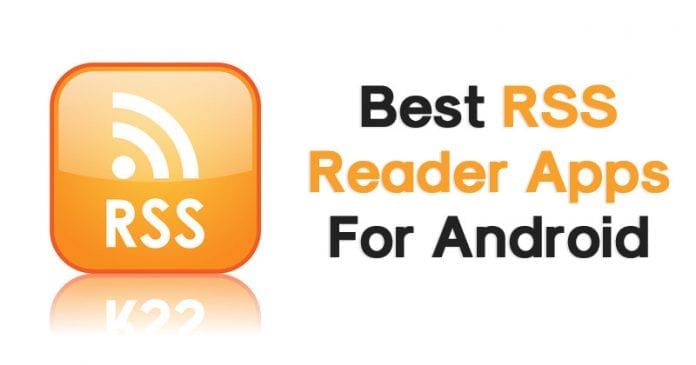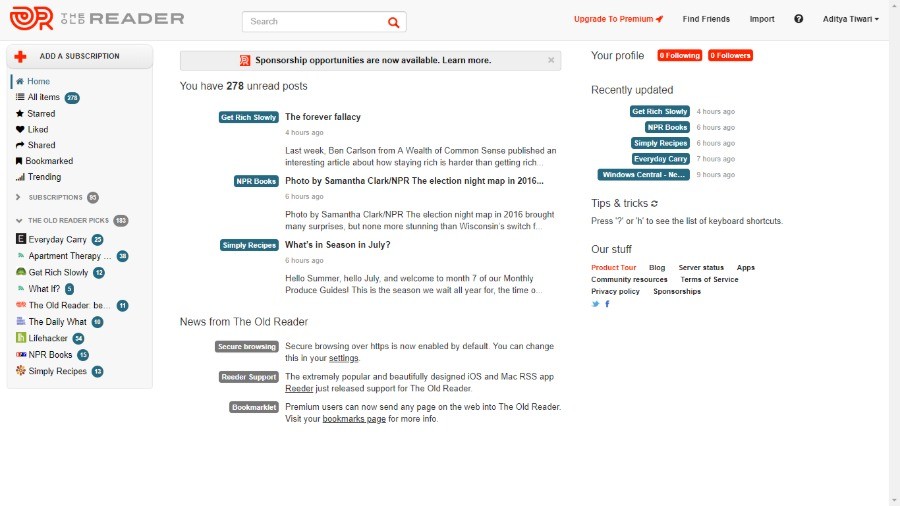

It can always be adjoined to a piece of content, like we're doing right now. It is quite often a really, really bad thing. It is not mandatory, nor is it always a good thing.


Context matters, and this has a certain inevitable effect even on the original content. I think the biggest thing holding back the development of the next generation of social networks is this pernicious belief that it is mandatory to put some sort of public comment section on everything, where anybody with a pulse (or the technical wherewithal to fake it adequately enough) can slap anything they want down next to your content. At a minimum, there's no chance of the contamination hopping RSS feed sources (at least, via RSS itself). Sure, audience pressure can help make an RSS'd source more extreme, but if that pressure happens it's got to be occurring on the site's own commenting infrastructure, which means local moderation can sort it out. If HN were dang's blog, the pressure he exerts would only affect the comments section of that blog. RSS doesn't really afford that kind of escalation. A "filter bubble"'s ostensibly organic culture, and ostensibly broader curation, helps one convince oneself that it's a community with justified beliefs. With a "personal newspaper", one is more aware of the artificiality - it's not a site itself, it's just the sum total of the RSS feeds of blogs X, Y, and Z. If one spends all one's time on an aggregator, consuming that shaped culture, one's perspective can easily start to skew. This isn't a bad thing, but it is a shaping of the aggregator's content by shaping the aggregator's culture. That shaping happens everywhere on the aggregator - here on HN, for instance, dang goes around silencing non-HNish comments with impunity and without appeals. Part of the conceptual transition from "personal newspaper" to "filter bubble" was the increasing prevalence of calculated ragebait/for-profit spam/etc on aggregators - the pressures present in aggregators, and the inevitable comment sections, help shape content to be more ragey or spammy, to get that all-important engagement. I don't think it is either that said, I still think it's better. >it doesn't seem like a solution to filter bubbles That said, if the choice, regarding seeing shit I'm not interested in/calculated ragebait/for-profit spam/etc, is between seeing it "never" and seeing it "sometimes, when someone else wants me to see it", the choice seems obvious. >in the end it's not as if you were just being force-fed solely stuff you had no interest in

Using RSS, you don't see headlines from anything you didn't choose to see. Like I said, RSS is about you curating your feed. >Isn't your source of RSS feeds the curation? even better if it has support for easy account switching so you could bin your comment into the proper group for the level of moderation it would pass.Īctivity pub almost does this but comment threading has been universally garbage on every instance I have tried (how hard is it to thread stuff like comments on hacker news are threaded?) but the method is wrong in that you scroll activity pub feeds instead of surfing the net and finding the rich and interesting comment sections for what you are seeing.
#Best rss reader os x 2018 install
it had an extension you would install and it would overlay a comments section on any webpage on the internet.I would love to see something like that but with properly threaded comments and an easy way to subscribe to specific communities commenting, or ideally, federated but you could choose the communities you wanted to overlay moderation from. This is where that gab project from a couple years ago was amazing (although the most generous thing I can say about the user content created by it was that it was not amazing lol).


 0 kommentar(er)
0 kommentar(er)
